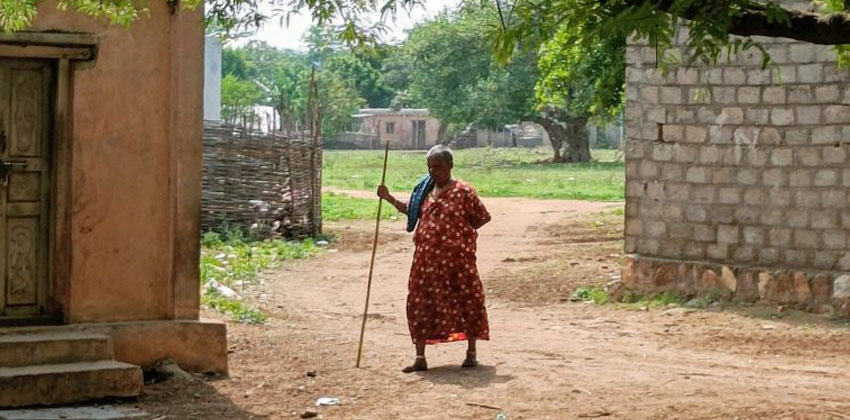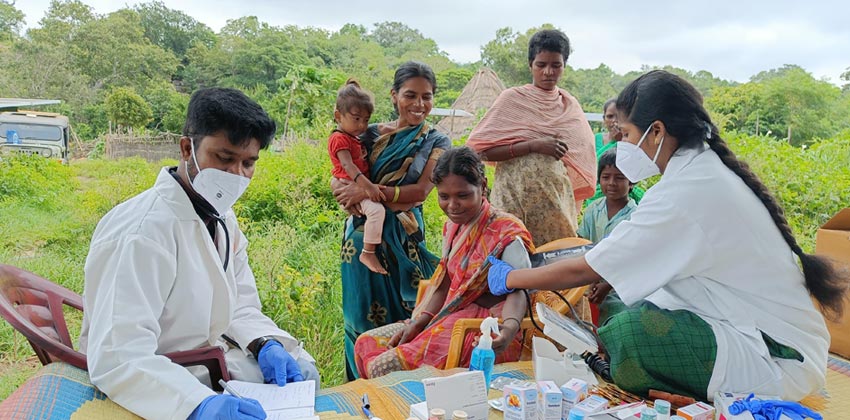It’s high noon in Madhavanpalle, a Chenchu colony in Amrabad, Telangana, and Tikka Lingamma has locked her husband in their home where he is incapacitated from a drunken stupor, to come to the Sarpanch house. Though the husband and wife duo have been given government-sanctioned brick houses in the colony here, for the past year, they have been living at a farm in Lakshmapur village, working off a debt.
“The only reason we got these two days to come back to our home was because we were attacked by a bear (she lifts up her sari to reveal a gnarled thigh) while gathering firewood in the forest. That’s why my husband is drunk at home right now; alcohol helps with the pain,” she says, herself visibly intoxicated.
Last year, Lingamma borrowed Rs 40,000 from a farmer which she could not pay back with her daily earnings gathering and selling roots, tubers and other forest produce. “So the moneylender said we could work under him. We don’t get wages, just food. We need to work for one more year at least,” she says.
What Lingamma is describing is a form of debt bondage: where families work for years under their creditors to pay back a measly sum of money with high interest rate – a practice that, she says, is fairly common among the poorer Chenchu residents here.
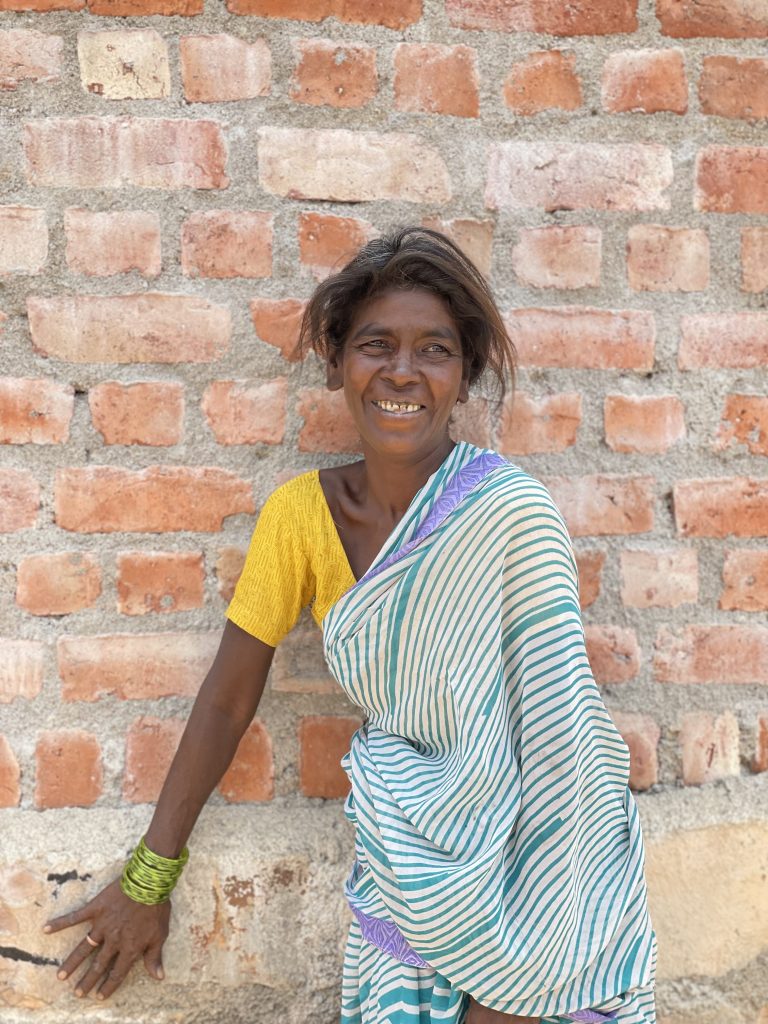
In 2016, upto 96 Chenchu people were rescued from bonded labour in Amaragiri, 80 km from Amrabad, with the help of non-profit Foundation for Sustainable Development (FSD) and International Justice Mission (IJM); their debts waived off and release certificates issued.
However, with poor revenue sources and rising cost of living outside the forest, debt traps are still common amongst Chenchu residents.
Damsani Malamma, mother to a 12-year-old girl, got pregnant again in her late mid-30s. It was a difficult pregnancy, and she needed to apply for a loan of Rs 50,000 to pay for the medical expenses. “I borrowed money from a ‘BC man’ in Achampet,” she says. It is a colloquial phrase people here use to describe those who follow the Hindu caste system. “To get that loan, we had to give away the papers to our farmland as a safety deposit,” she says.
Under the Recognition of Forest Rights Act of 2006, Chenchu families have been allotted land which many of them use for cultivating chillies, cotton, groundnut, and paddy. However, the digging of borewells is not allowed in protected areas and consequently irrigation is irregular, leading to unsatisfactory yields.
The main source of livelihood for Chenchu residents is still the gathering of forest produce such as tubers, roots, honey, dates, which they sell to the government-run Girijan Cooperative. This earns them an average of Rs 3,000 per month. With dwindling supply, for 15 days a month, they also rely on getting work under NREGA (National Rural Employment Guarantee Act), which provides them with Rs 250 daily.
Microloans that never end
“Based on our income, we get an average loan of Rs 30,000, and a maximum of Rs 50,000. Anything beyond that, people don’t trust us to pay them back,” says Mallamma. In rural areas, microloans such as these can be taken through Self Help Groups (SHG). An SHG can be formed by 10-15 women, and can take loans from banks, government agencies, and NGOs, without a collateral.
It has been 5 years since T Mallayya, living in Appapur penta, took a loan of Rs 60,000 through an SHG, under his wife’s name, to buy cattle. “But then, the buffalo I bought got killed by a tiger, so I am still paying off that loan,” he says.
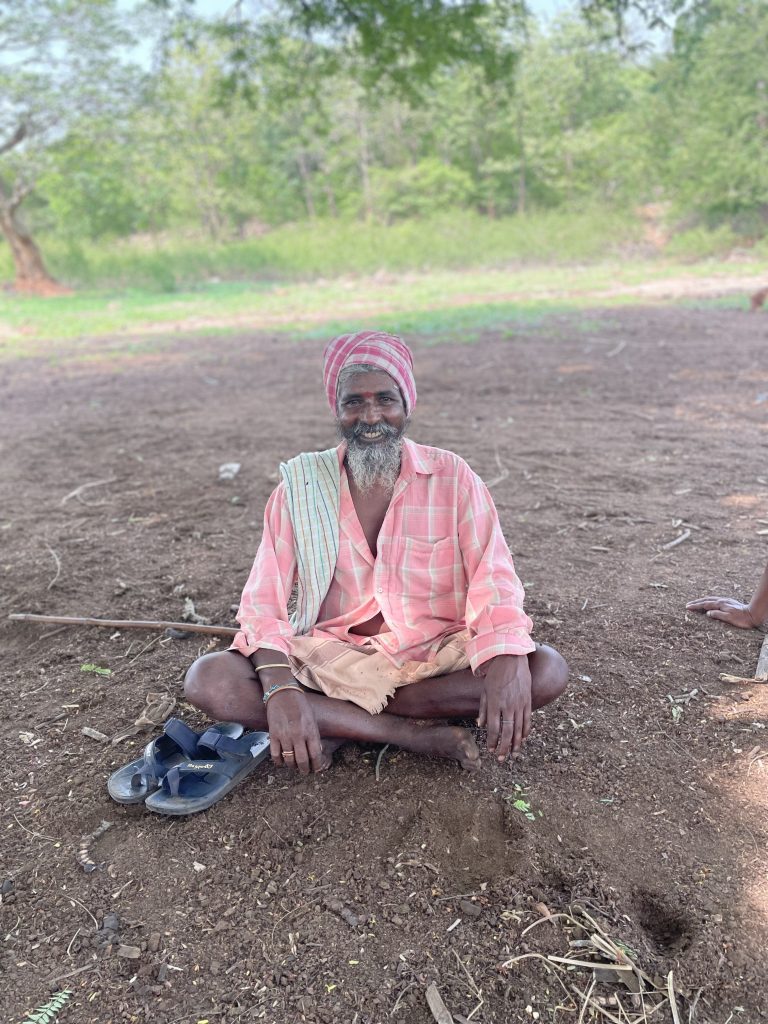
While SHGs are successful at the village level, for the Chenchu tribes they don’t always work: “You need unity in the community to form an SHG. Here, the members may shift to a different part of the forest in search of better produce. The last sangham (group) we had was 4-5 years ago; after that people kept dropping out for some reason or the other, and the loans would get cancelled,” says M Bayyamma, from Madhavanpalle.
In such a case, most of the Chenchu community resorts to borrowing money from lenders, generally belonging to a caste more powerful than theirs, deepening the imbalance. “For every 100 rupees, we have to pay an interest of Rs 3-4,” she says.
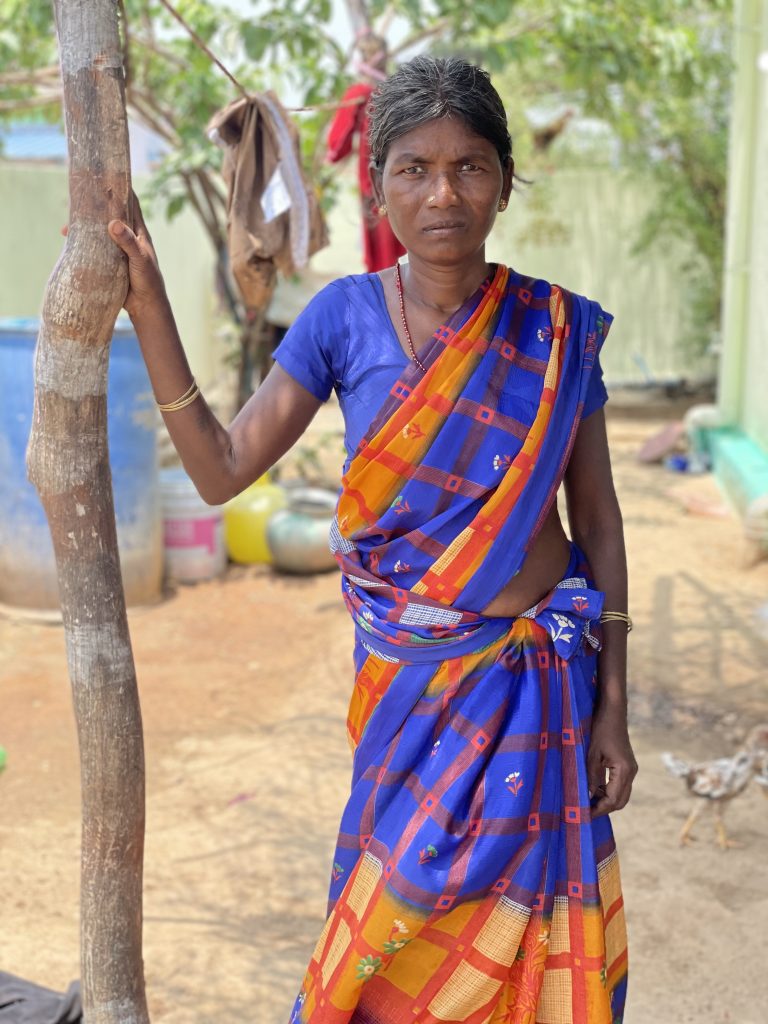
Unexpected cost of living outside
The question of savings then prompts ironic titters of laughter from the women of Appapur penta in Amrabad. For a long time, financial planning was not a part of the Chenchu lifestyle. The tribe lived in harmony with the forest, collecting what they needed on a daily basis.
Today, as they are being prompted to live outside the forest in colonies built by the forest departments, they realize that the mainstream comes with extra costs. “They have built houses for us, but its upkeep is not that cheap. in the forest, we could repair our own houses,” says Malli Kottamma, who has not been able to repay Rs 20,000 she borrowed 3 years ago for house repairs from a moneylender.
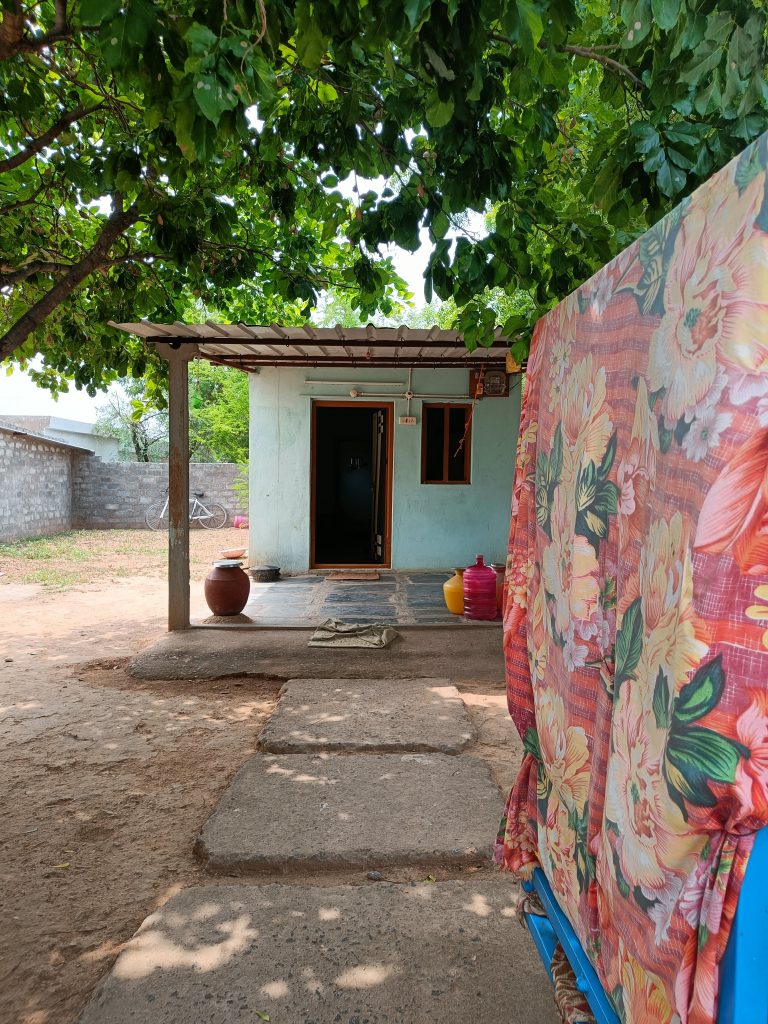
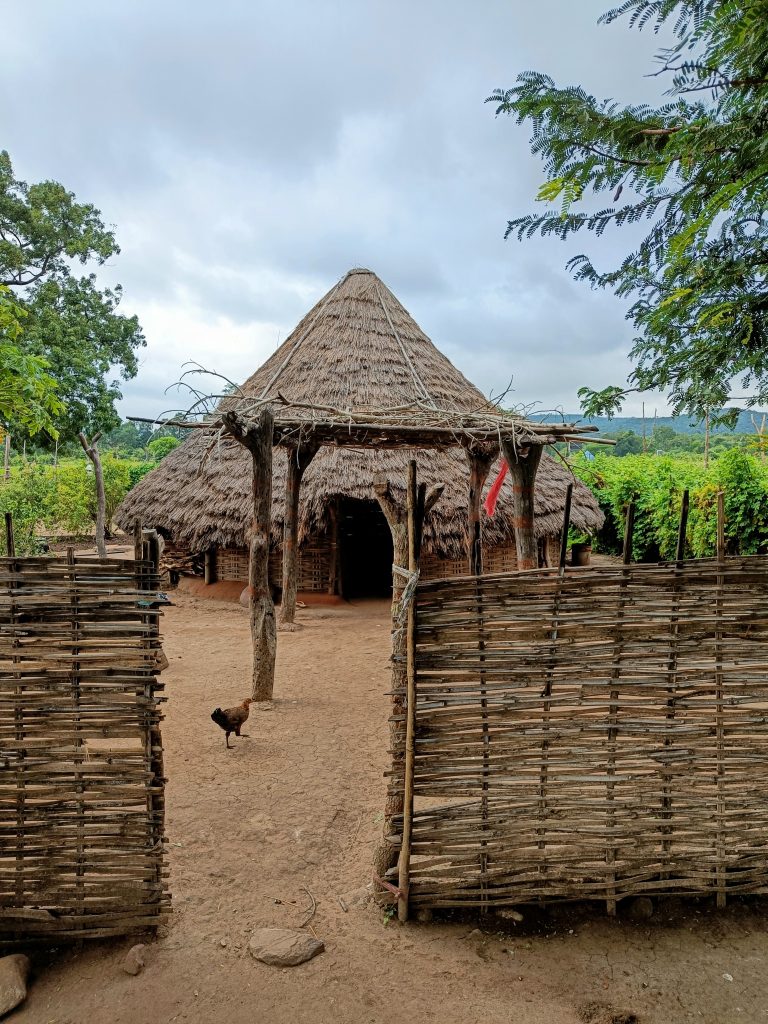
This is one of the reasons that despite being given brick houses, many Chenchus prefer to live in the forest and come outside only to collect rice distributed through the public distribution system (PDS). “If we live outside and depend solely on agriculture or coolie jobs, we will earn less. And whatever we do earn, a major portion of it will be spent on alcohol, given the easier access to it in villages outside,” says Kottamma.
The Chenchu women are looking for livelihoods that can provide them with a steady income and the stability to form SHGs. “If we stay outside, it is with the hope of providing better education for our children,” she says.
Total Health works to provide a stable livelihood to the Chenchu people, through green skilling opportunities, by providing market connectivity to the products they make. If you are interested in supporting the community, buy their products here.
